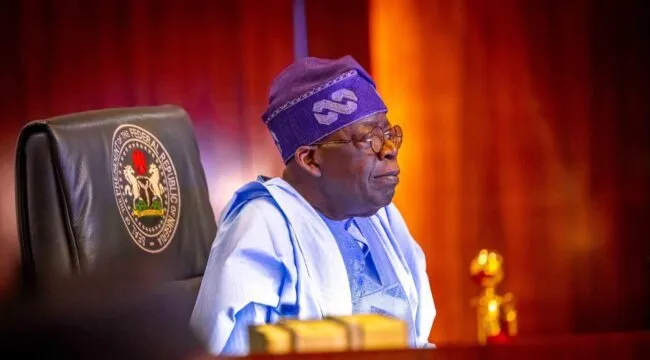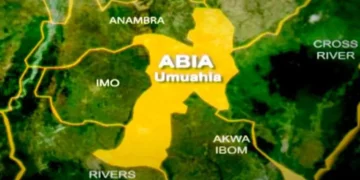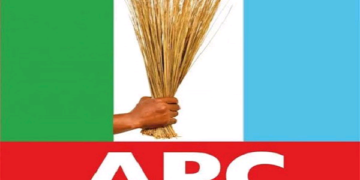Outraged by the recent killing of over 200 people in Yelewata, Guma local government area of Benue State, leaders of Benue Communities in the diaspora have accused the Federal Government of inaction in what they described as a “silent genocide” against indigenous populations in the State.
In an open letter to President Bola Tinubu, signed by Professor Akaa D. Ayangeakaa representing the Tiv community and Chief Edwin Ochai for the Idoma community, they catalogued a series of coordinated attacks across Benue State spanning Ukum, Otukpo, Apa, Agatu, and other local government areas, and condemned the recent labelling of the violence by presidential media aide, Bayo Onanuga, as mere “reprisal attacks” in a “farmer-herder conflict.”
“We condemn the statement in its entirety,” the letter said. “This is not about farmers and herders exchanging grievances… To call it anything less than genocide ignores the suffering of thousands and emboldens the perpetrators.”
The diaspora leaders insisted that the scale and nature of the attacks reflected deliberate and organised campaigns of ethnic cleansing and land occupation, not communal clashes. They accused security agencies of either failing to act or standing by as Benue communities were decimated.
“On June 14, another massacre occurred in Yelewata… These were not deaths resulting from conflict or stray bullets. These were executions. Whole families were murdered. Homes turned to ashes,” the letter read.
They also recalled a deadly attack in May in Gbagir, Ukum LGA, which claimed over 70 lives, noting that the violence was not isolated to a few communities but part of a larger, sustained onslaught across the state.
“From the rivers of Agatu to the farmlands of Tarka and Buruku, Benue has become a site of lost dreams and broken hopes. Yet, we see no meaningful federal responses. No visits from the Presidency. No arrests. No justice.”
The letter further expressed deep disappointment over Tinubu’s reported directive to the Benue State Government to hold “reconciliation meetings” among “warring parties.” The diaspora leaders rejected the premise, saying, “We must clarify: the people of Benue are not at war with the Fulani or any other group. This is not conflict. This is terrorism. This is ethnic cleansing!”
They also questioned the absence of arrests or prosecutions of the perpetrators and warned that any reconciliation without justice would only normalize impunity and deepen national insecurity.
“It is disingenuous to call for reconciliation when not a single herder has been arrested or prosecuted for the atrocities committed. Justice must precede reconciliation; otherwise, peace becomes a hollow word.”
The letter, which painted a grim picture of Benue’s humanitarian crisis, highlighted that over 2 million people have been displaced and are now crammed into IDP camps across the state, with little or no access to food, education, or healthcare.
“These families once farmed, went to school, and lived in peace. Now, they live in overcrowded IDP camps, surviving only on hope.”
The letter made six key demands, including:; a public condemnation of the massacres by the President., deployment of security forces to high-risk areas across the state and an independent investigation into alleged military inaction or complicity.
Other demands are, a comprehensive resettlement and rehabilitation plan for displaced persons, a recovery of ancestral lands currently under illegal occupation. And a dialogue between the Federal Government and Benue stakeholders, not with so-called “warring parties.”
The letter also addressed Tinubu’s upcoming visit to Benue, acknowledging the cancellation of a scheduled Kaduna trip, but lamented the prolonged silence and inaction following the attacks.
“If these massacres had happened in Sokoto, Kano, or Maiduguri, there would have been immediate military responses, high-level visits, and urgent federal actions… Are Benue lives worthless?”
In a powerful closing, the diaspora leaders urged President Tinubu to rise to the challenge of leadership, “This moment will test your administration’s conscience. The Nigerian people, and posterity, are watching. Let this not be remembered as the time when a Nigerian President looked away. Let it be the moment when justice, compassion, and decisive leadership emerged.”











